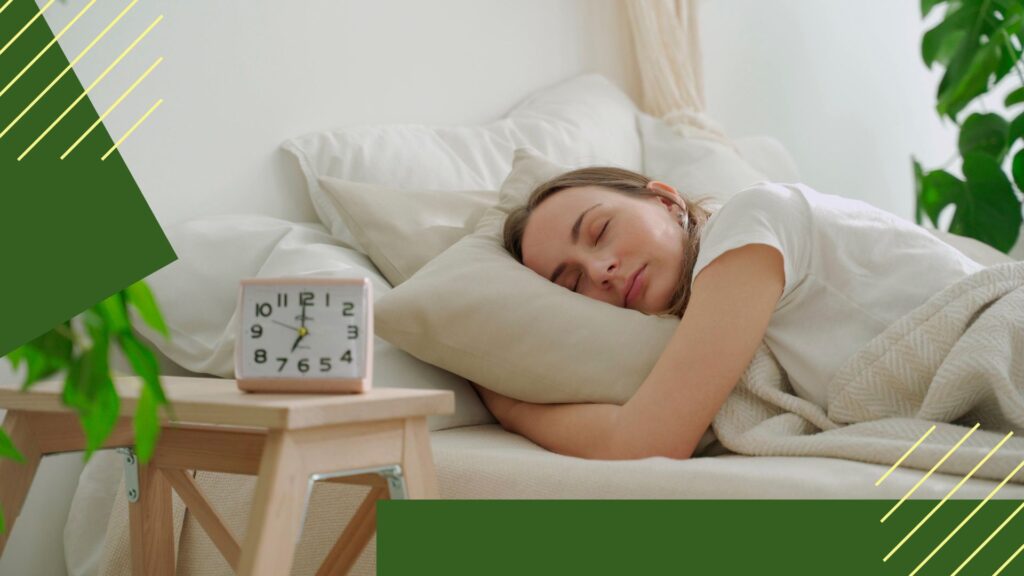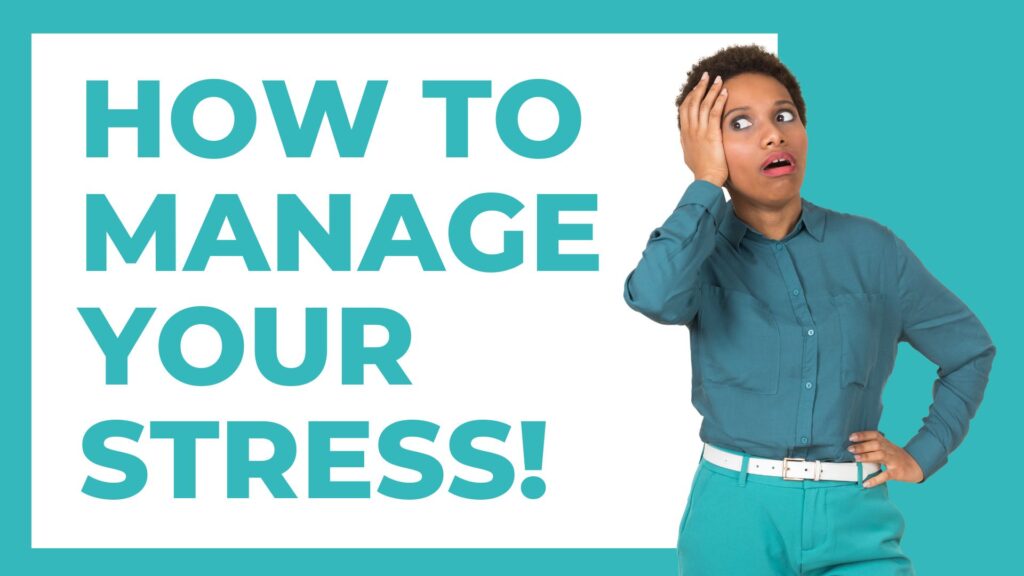4 Ways to Manage Stress
6 min read
Being stressed might help you stay motivated to complete tasks because it’s a natural component of being human. Even extreme stress brought on by a serious disease, losing one’s job, a family member passing away, or a traumatic life event can be normal. For a period, it’s also common to feel depressed or anxious.
If you experience depression or anxiety for more than a few weeks, or if it begins to interfere with your life at home or at work, consult your doctor. Medication, therapy, and other tactics can be beneficial.
You can acquire some techniques to assist you deal with stress in the interim before it becomes too much. The following advice could help you avoid stress:
10 Ways to Stop Stress Now
Keep a positive attitude.
Accept that there are events that you cannot control.
Be forceful rather than hostile. Instead of getting defensive, furious, or passive, voice your thoughts, feelings, or convictions.
Learn to manage your time more effectively.
Set reasonable boundaries and refuse demands that might cause you undue stress.
Make time for hobbies and interests.
Avoid using drugs, alcohol, or compulsive habits as a coping mechanism. Alcohol and drugs can put your body under even more stress.
Seek out social support. Spend enough time with those you love.
To develop more healthy coping mechanisms for the stress in your life, get treatment from a psychologist or other mental health professional skilled in stress management or biofeedback techniques.

.
There’s a lot more you can do to help manage stress. Consider these lifestyle changes:
Exercise
First of all, exercise can help you sleep better. Additionally, improved sleep leads to better stress reduction. More exercisers tend to experience better deep “slow wave” sleep, which helps rejuvenate the body and brain, though doctors are still unsure of the actual cause. Just be careful—exercising right before bed can cause sleep disturbances for some people.
Exercise appears to improve mood as well. marijuana may be partly because marijuana causes your body to release a variety of substances, including as endocannabinoids and endorphins, which help block pain, enhance sleep, and numb you. After long runs, some people report experiencing a euphoric experience known as the “runner’s high,” which may be caused by certain endocannabinoids.
Exercisers also report feeling better about themselves and less nervous. Your mind frequently follows your body when it feels wonderful. Try these activities to relieve some stress:
Running
Swimming
Dancing
Cycling
Aerobics
You can still find methods to move throughout the day if you don’t have the time for a structured fitness regimen. Try these suggestions:
Bike instead of driving to the store.
Use the stairs instead of the elevator.
Park as far as you can from the door.
Hand-wash your car.
Clean your house.
Walk on your lunch break.
Diet
Eating nutritious foods has advantages for your mental and physical well-being. A nutritious diet can boost your immune system, stabilize your mood, reduce blood pressure, and diminish the negative effects of stress. Excessive amounts of fat and sugar can have the opposite impact. Additionally, when you’re stressed, junk food may seem much more alluring.
Look for lean proteins, fatty acids, and complex carbs in foods like meat, fish, eggs, and nuts to keep your health and balance.
Antioxidants also aid. They shield your cells from the harm that long-term stress can do. They are present in a wide range of foods, including vegetables, legumes, fruits, berries, and spices like ginger.
Follow these easy guidelines to maintain a healthy diet. Create a shopping list. When you leave the house, take some nutritious snacks with you. Avoid processed foods and make an effort to eat mindfully.
Certain nutrients have been identified by scientists as potentially reducing the negative effects of stress on the body and mind. As part of a balanced diet, make sure you consume enough of these:
Vitamin C
Magnesium
Omega-3 fatty acids
Sleep

Having trouble falling asleep is a common side effect of stress. You may have insomnia, which is the inability to fall and stay asleep, if this occurs three times a week for at least three months. A vicious cycle of stress and insomnia can also result from sleep deprivation.
Improved sleeping patterns may be beneficial. This covers your daily schedule as well as how you arrange your bedroom. Some habits that could be beneficial are:
Exercise regularly.
Get out in the sunlight.
Drink less alcohol and caffeine close to bedtime.
Set a sleep schedule.
Don’t look at your electronics 30-60 minutes before bed.
Try meditation or other forms of relaxation at bedtime.
Your bedroom plays a significant role in maintaining proper sleep hygiene. Your room should generally be cool, quiet, and dark. Your bed has a significant impact as well. Support, room, and most importantly, comfort are what your mattress should offer.
Relaxation Techniques

Yoga. This can be a meditation as well as a type of exercise. There are numerous varieties of yoga. The most effective ones for reducing stress and anxiety are those that emphasize deep breathing, stretching, and moderate movement.
meditation. There’s a reason it’s been around for more than 5,000 years. Many people find meditation to be beneficial and effective. It can enhance mood, energy, and sleep while reducing chronic pain, stress, and anxiety. In order to meditate, you must:
Find a quiet place.
Get comfortable (sitting or lying down).
Focus your attention on a word, phrase, object, or even your breath.
Let your thoughts come and go and do not judge them.
inhaling deeply. Deep breathing exercises activate your body’s innate relaxation response. This induces a deep stage of sleep that can alter your body’s reaction to stress. It relaxes the area of your neurological system that regulates your capacity for relaxation and increases the amount of oxygen that reaches your brain.
Try inhaling from your belly. Put one hand on your chest and one on your stomach, settle in, and close your eyes. Inhale deeply through your nostrils. Your belly should rise higher than your chest. Observe how your body relaxes as you release the breath through your nostrils. Do it again.
Make connections with others. Spend time with a family member or friend who is willing to listen. It is a natural method of reducing stress and calming you. Your body releases a hormone that inhibits your fight-or-flight reaction when you make physical connections with individuals. You unwind.
Action. Your stress levels are strongly impacted by how you react to other people. Use these pointers to control your response:
Try not to overcommit yourself
Share the responsibility
Count to 10 before you respond
Walk away from a heated situation
Distract yourself with music or podcasts
inner voice. The voice in your head has the biggest impact on your stress levels. The good news is that you have power. Positive thoughts can be substituted for negative ones. Positive self-talk has more advantages than just lowering stress. These include increased resilience to the common cold and cardiovascular illness, less depression, a longer lifespan, and improved coping mechanisms for difficult times.
Laughing therapy. You breathe in more oxygen when you chuckle. Your body releases those feel-good hormones, and your heart, lungs, and muscles get a boost. Additionally, laughter strengthens your immune system, reduces discomfort, and elevates your mood for extended periods of time.
Talk therapy. Some people find that long-term talk therapy helps them cope with stress. Cognitive behavioral therapy is one method that assists you in altering unfavorable thought habits. Your therapist can point you in the direction of additional strategies that may be beneficial.
